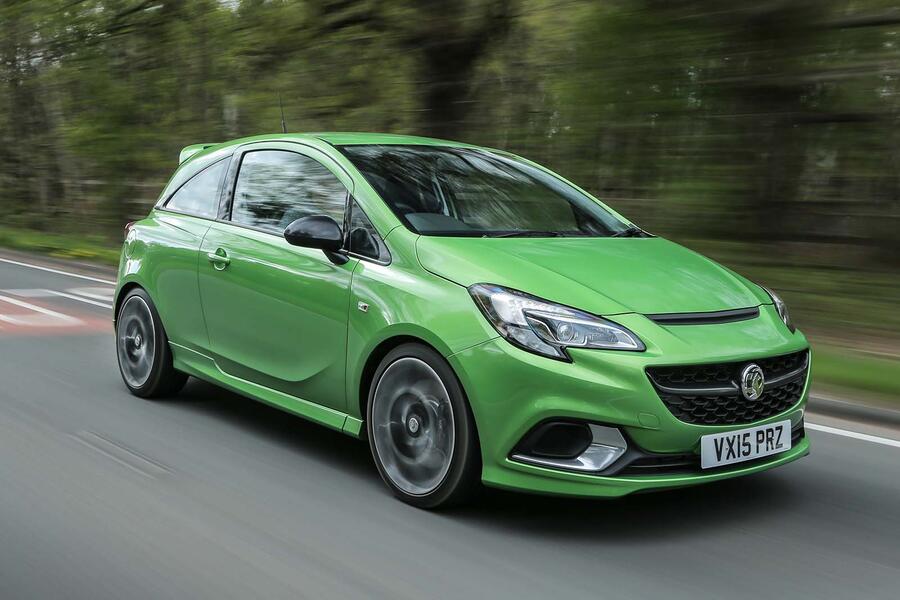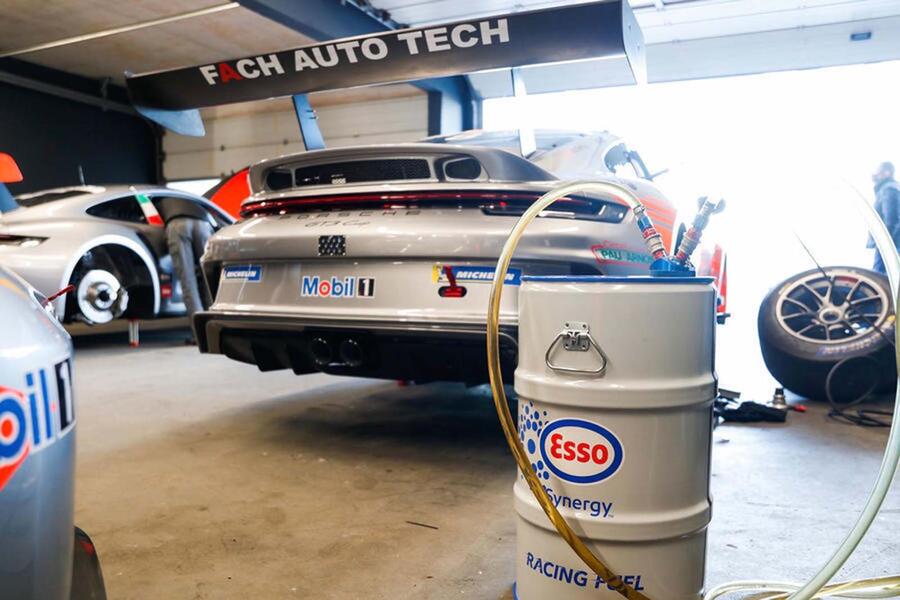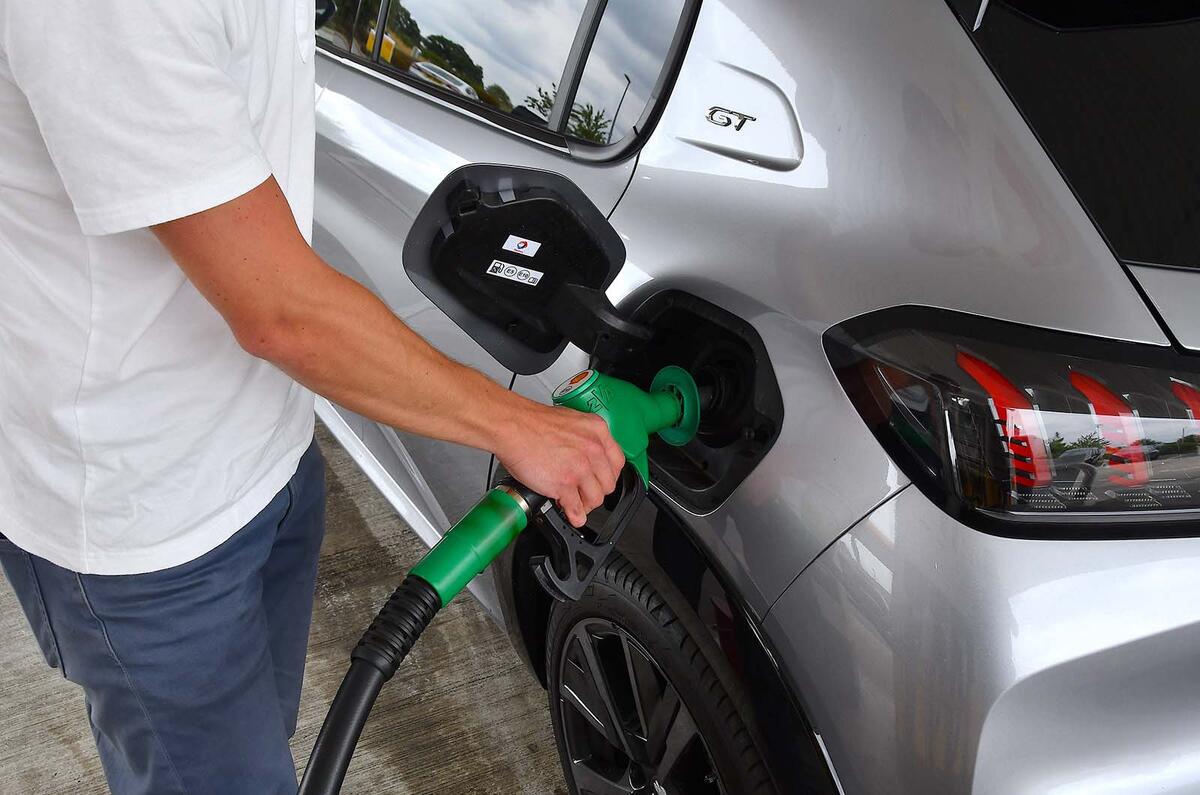Stellantis has announced that it's finalising testing of 28 engine families for compatibility with e-fuels, which it claims can provide a 90% reduction in CO2 emissions.
E-fuels are a type of sustainable fuel produced using green hydrogen, itself made from water and renewable energy.
This green hydrogen is combined with carbon – often by using CO2 captured from the atmosphere – to create a fuel that's chemically identical to fossil fuels.
The sourcing of the carbon, be it atmospheric capture or the gasification of biomass, is claimed to offset the CO2 emitted when the fuel is burned, therefore making it carbon-neutral (or almost carbon-neutral).
Because synthetic fuels are chemically identical to fossil fuels, they can theoretically replace them without modification.
Stellantis is now trying e-fuels in unmodified conventional petrol and diesel engines produced between 2014 and 2019, testing tailpipe emissions, engine power, reliability and impacts on the tank, filters and lines, among other variables.

The use of e-fuels in Stellantis vehicles has the potential to remove 400 million tonnes of CO2 emissions in Europe between 2025 and 2050, the company said.
For reference, the UK emitted 331 million tonnes of CO2 in 2022 alone, according to provisional figures from the government.
Stellantis aims to halve its CO2 emissions by 2030 and achieve net-zero by 2038.
It's the latest manufacturer to announce a significant investment into synthetic fuels following the EU’s announcement that it would allow ICE vehicles to remain on sale after 2035 as long as they use only sustainable carbon-neutral fuels.
Porsche has been the most vocal proponent of e-fuels specifically. It began e-fuel production in Chile late last year with partner Highly Innovative Fuels for its Mobil 1 Supercup race series and customer-facing Experience Centres.








Join the debate
Add your comment
Synthetic fuels will be crazy expensive which means they are well-suited to applications like F1 and other ICE applications that are undesirable to electrify.